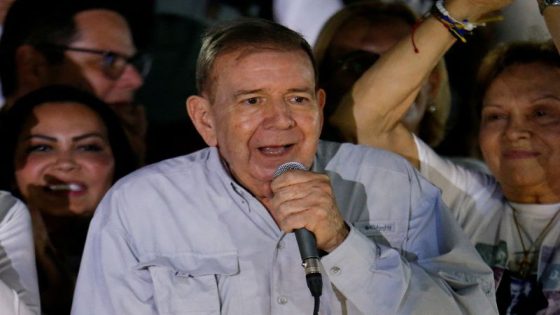When Shohei Ohtani is concentrating in the batter’s box, what is that experience like for him? Does he feel as if the stadium is silent? Does he feel as if he’s not thinking?
“I feel as if I’m concentrating,” he said.
His light-hearted response elicited a chorus of laughter from the Japanese reporters in the Dodger Stadium interview room.
There continues to be no explanation for how Ohtani does what he does. In his first-ever postseason game, Ohtani played on Saturday as he did in his record-breaking regular season.
Read more: Plaschke: Take that! Vengeful Dodgers roar in postseason opening win over reeling Padres
He smoked a three-run home run in the second inning to erase a three-run deficit.
He dropped a broken-bat single into center field in the fourth, contributing to a three-run surge that moved the Dodgers ahead and sent them on their way to a 7-5 victory over the San Diego Padres in Game 1 of their National League Division Series.
“You know, Shohei is Shohei,” outfielder Teoscar Hernández said. “We didn’t expect anything less than that, than what he showed today. He’s the guy that’s gonna guide us through all of this, and we’re gonna follow him and try to play at the same level as him.”
For the most part, the Dodgers are the same team they were last year. Their starting pitching is terrible. Their hitters are susceptible to slumps. But they have Ohtani.
Without Ohtani, they might not have reached the playoffs this season. With him, they could be World Series champions.
He’s the most physically gifted player in baseball and he’s the most driven player in baseball, but what really separates him from others is his ability to calm himself in the batter’s box regardless of how excitable he can be outside of it.
“Well, I’m clear about what I want to do and I head into my plate appearance prepared to a certain degree,” Ohtani said. “I think calmly about what I prepared for, and I direct my attention to the pitcher.”
Saturday provided another example.
In the moments leading up to first pitch, Ohtani looked as if he was ready to rush the field. While Dodgers starter Yoshinobu Yamamoto warmed up, he was hopping up and down behind his team’s bench with his bat already in hand.


When Ohtani faced Padres starter Dylan Cease in the bottom half of the inning, his demeanor completely shifted. Suddenly, he was the calmest player on the field.
How does he make that transition?
“I don’t even know,” he said. “When I go to the batter’s box, I automatically concentrate.”
His manager was also mystified.
“I don’t know how that happens,” manager Dave Roberts said. “He certainly has that switch.”
In his first at-bat, Ohtani was late on a high 99-mph fastball by Cease and flied out to left field. In his next turn at the plate, with two out and two men on, Ohtani was thrown another high fastball by Cease, this one at 97 mph.
Ohtani clobbered the pitch over the right field wall. The three-run blast leveled the game, 3-3.
Ohtani’s demeanor changed again as he watched the flight of the ball. He screamed and violently flung his bat to the side.
Up to that point, thoughts of here-go-we-again were starting to enter the collective consciousness of a team that was eliminated at this stage of the postseason in each of the last two seasons.
“I mean, you could almost feel it in the stadium,” third baseman Max Muncy said. “But then, thankfully, we have a guy whose name is Shohei Ohtani, and he injected an absolute lightning bolt into the stadium. From then on, it was just, like, ‘All right, we got this, we’re good, this is not the same as years past.’”
Yamamoto gave up two more runs in the third and final inning of his disastrous start, but the Dodgers responded by scoring four times in the fourth.
Ohtani wasn’t just immune to Dodgeritis. He was also the vaccine.
“Early in the first game, I think you tighten up,” Ohtani said. “They took three runs, but I think we created a good flow by quickly catching up in good form.”
In a news conference the previous day, Ohtani sounded confident the moment wouldn’t be too big for him.
When he was asked if he was nervous, Ohtani didn’t wait for interpreter Will Ireton to repeat the question to him in Japanese.
“Nope,” Ohtani replied in English.
He smiled.
He later explained in Japanese, “I’ve been practicing since I was small for this. I’ve been doing this thinking I want to play on a stage like this. I think I’m more looking forward to this [than I am nervous].”
Twelve years after he rejected an offer to sign with the Dodgers to start his professional career in Japan and seven years after he chose to break into the most competitive league in the world with the downtrodden Angels, he was finally here.
Ohtani was finally in a major league postseason, and he was ready.
Read more: Shohei Ohtani’s three-run home run helps rally Dodgers past Padres in NLDS Game 1
Sign up for more Dodgers news with Dodgers Dugout. Delivered at the start of each series.
This story originally appeared in Los Angeles Times.
Source Agencies


